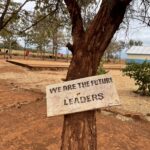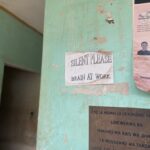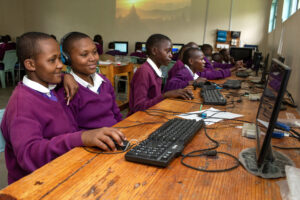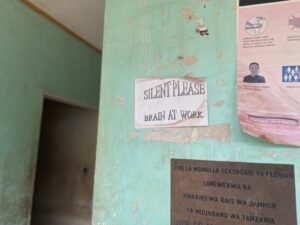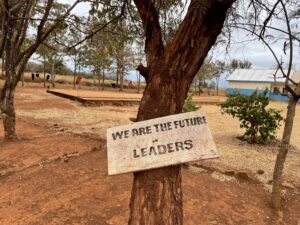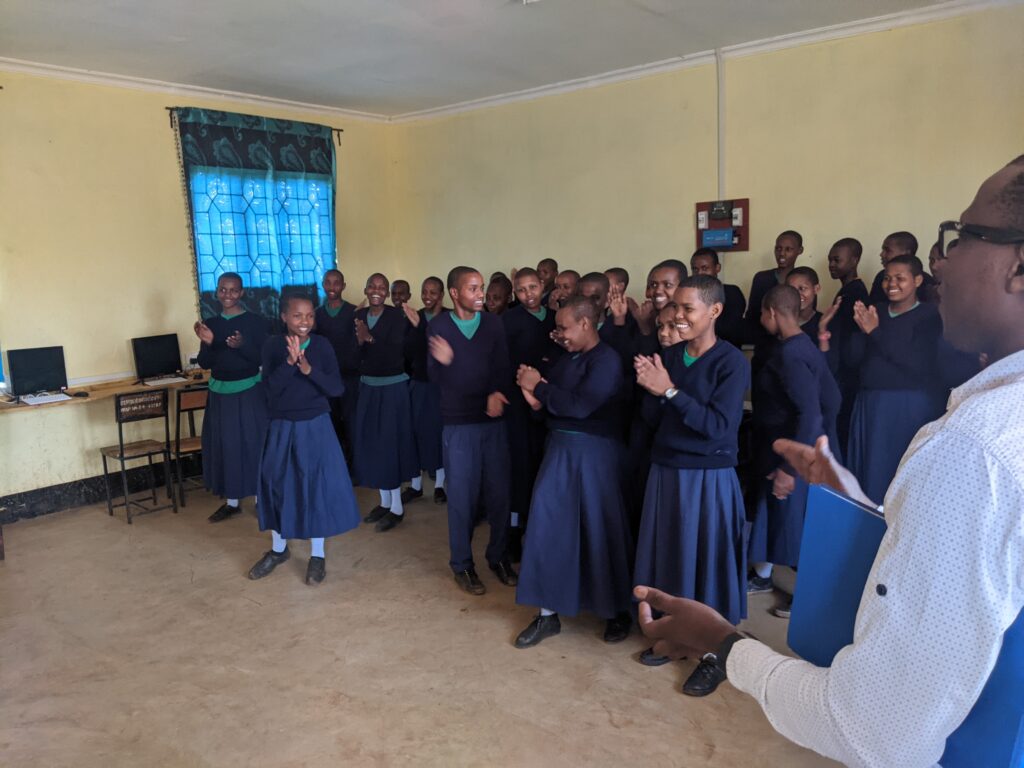
At our recent Lunch and Learn panel discussion, I loved hearing directly from the people in Tanzania who make our work possible. In particular, hearing from the teachers about what makes our program valuable to them and their students was inspiring.
One statistic stuck out to me: 1 book for every 10 students. Imagine how hard it is to do homework and study for exams when you have to share a book with nine other students who also need to study. Powering Potential provides that material on the servers that each school receives, so the students can access the information they need to learn and succeed.
One topic of discussion was the urban/rural divide in Tanzania. There is a big difference between urban areas and rural areas in terms of wealth, school resources, access to consistent electricity, and access to technology. Tanzania overall has a shortage of teachers, and that shortage is especially acute in rural areas, in particular for science teachers. Teacher Paschal from Chaenda discussed how he has seen the computers and projectors bridge that gap by giving teachers creative tools to teach science, and providing students with extra learning materials they can use to study on their own.
Paschall also shared how having the projectors and extra learning materials provided by Powering Potential increases learning and understanding by the students because they allow the teachers to show photos, videos, and animations that demonstrate a concept, rather than just having a description in a textbook or from a lecture.
One of the biggest impacts the schools feel from our program is how much having a projector increases student engagement and interaction in class. Paschal from Chaenda said “We have seen great changes” in the classroom from using the projector. Students are paying more attention in class, asking more questions, and skipping class less.
We also discussed the positive impact computer knowledge has on employability. Barnabas Kapange, Executive Council Member for PEF shared a personal experience where he got a job because he had more computer skills than the other applicants.
Teacher Edward from Sazira Secondary School shared how students see the same thing: having computer skills makes them stand out from other applicants and allows them to perform better at their jobs. Searching for job openings, applying for jobs, and applying to university all happen online, so having digital literacy is crucial for accessing those opportunities. And if students go to university, many courses use computers in a variety of ways, so they are able to build on what they learned in secondary school rather than starting from scratch.
Overall, the enthusiasm from the teachers was palpable. The feeling that these computers are incredibly helpful for teaching and learning at their schools was crystal clear. A huge thank you to our donors who make all of this possible, and to everyone who was able to join us at the event!
